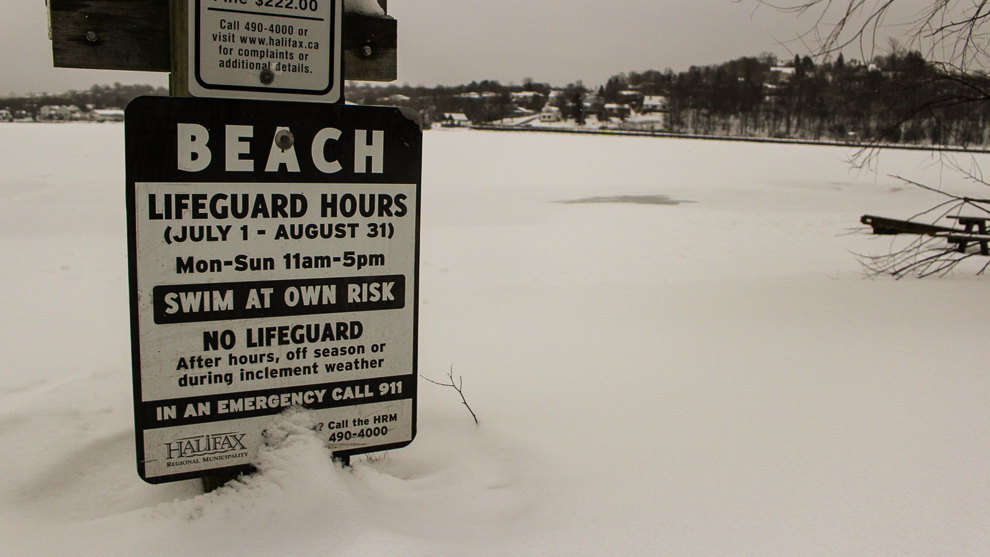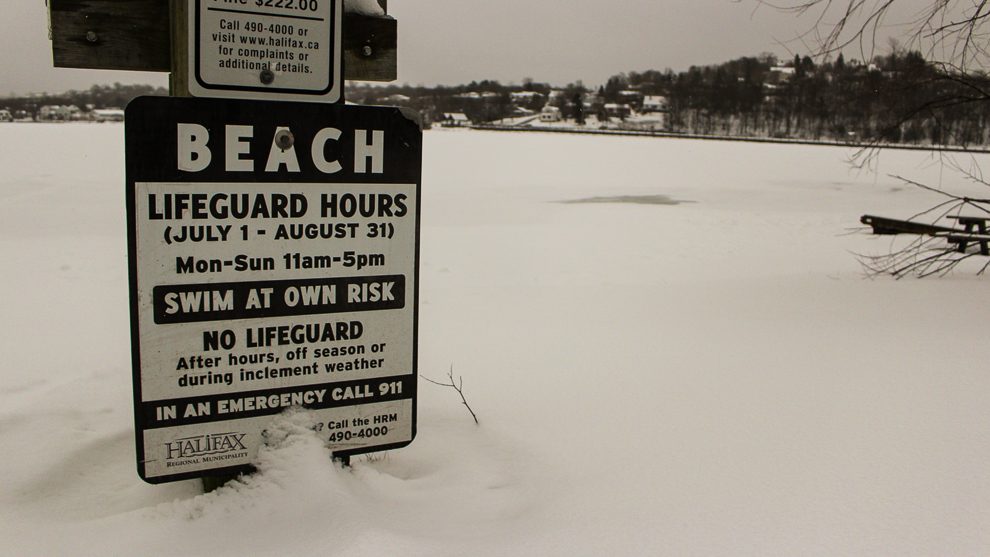Lake Banook
Study proposed after beach closures at Lake Banook
Regional council asked to approve $150,000 to find source of contamination


caption
Come summer, testing on Lake Banook will be underway if council funds the study.Dartmouth residents are one step closer to finding out what is causing an increase in Lake Banook’s E. coli counts.
On Thursday, the Halifax Regional Municipality’s Environment and Sustainability Standing Committee met. They approved a recommendation for regional council to consider funding a $150,000 pollution study for the lake.
This was a welcome development for Sam Austin, councillor for Dartmouth Centre, the district which surrounds the lake. Last summer, Austin received many calls from residents wondering why Birch Cove Beach on Lake Banook was closed so often.
“People really did notice that half the summer they couldn’t swim in the lake,” said Austin. He was at Thursday’s meeting, though he’s not a member of the committee. Related stories
Over the past three summers, there’s been a sharp increase in closures at Birch Cove Beach due to high E. coli counts. In 2012, the beach was closed for five days out of the 62-day beach season, while in 2013, it was open every day. In 2014, it was only closed six times, but in 2015 and 2016, the beach was closed 17 days each.
Last summer, the beach was closed for 33 days: which is more than half the season.
The pollution study aims to find out why the bacteria count has climbed so sharply. If council chooses to fund the study, experts will use a technique called Microbial Source Tracking (MTS) to determine the source of contamination.
MTS allows researchers to determine the origin of a particular microbe. In this case, the study would find out whether the E. coli is originating from humans, birds or other sorts of animals. Based on the type of animal that produced the E. coli, inferences can be made about where the contamination is coming from.
Possible suggested causes of the contamination are the new housing developments nearby, runoff from livestock upstream or leaks in sewage and stormwater pipes.
Lake Banook is one of the most heavily used lakes in the HRM. Aside from the swimming offered at Birch Cove Beach, there are three paddling clubs on the lake. The Senobe Aquatic Club is one of them.
Troy Myers, the commodore of the club, said the bacteria increase “is a concerning trend.”
Although his club isn’t directly affected by Birch Cove Beach closures, Myers says Lake Banook is world-renowned as a location for competitive paddling, so having chronically high bacteria counts might hurt its reputation.
“The health of the lake is paramount to not only the club, but the whole community,” he said.
Regional council is expected to decide whether to fund the study on March 24, when the 2018-19 budget is finalized.

